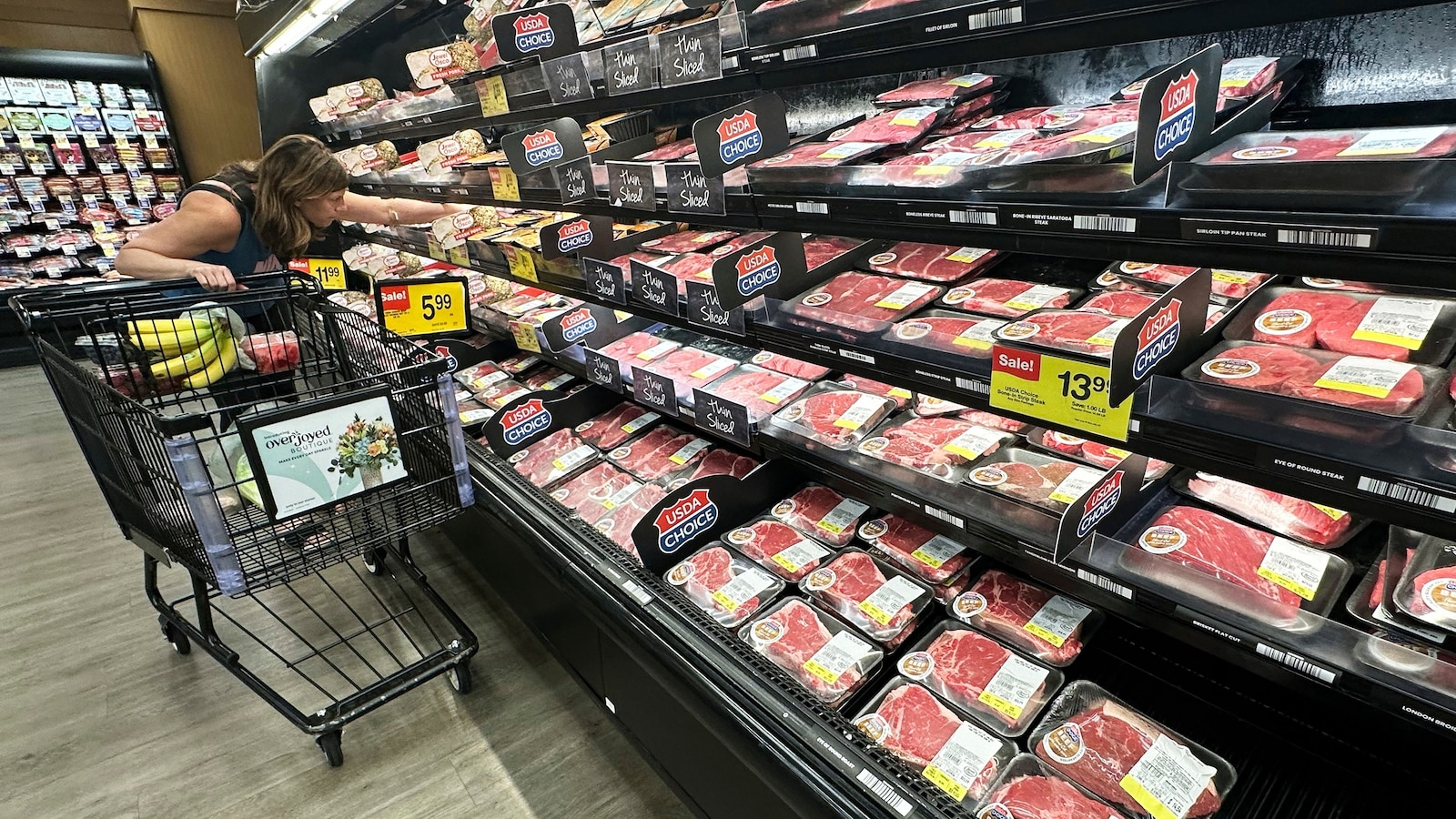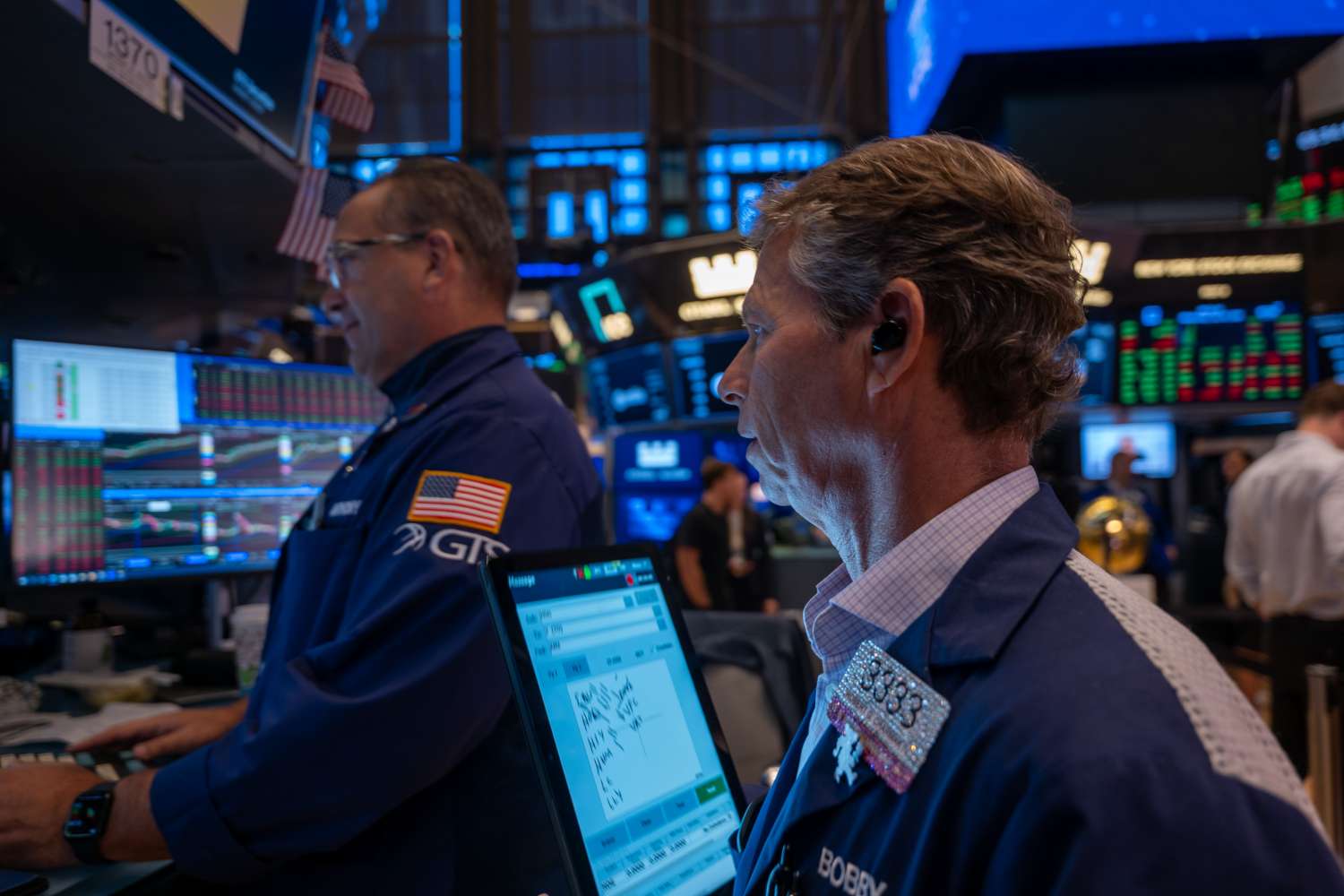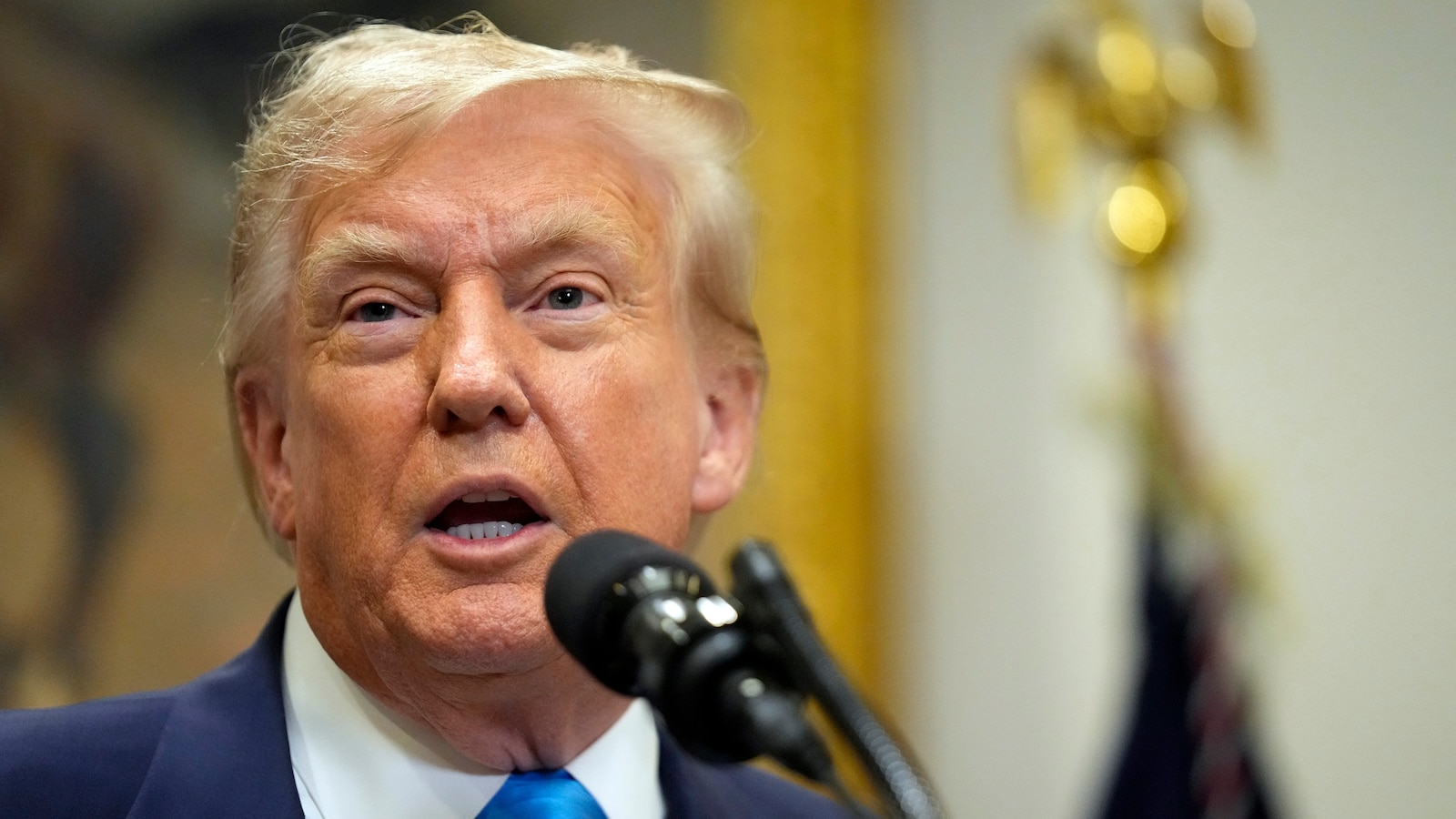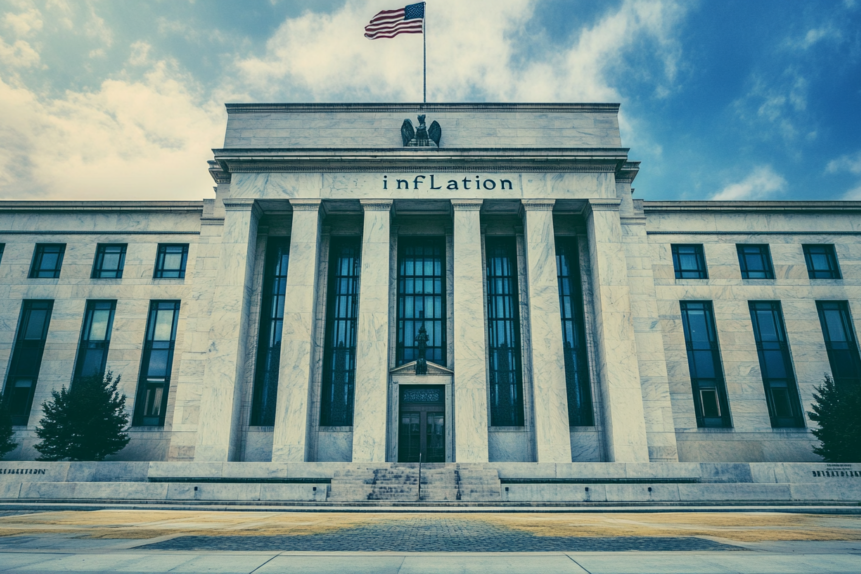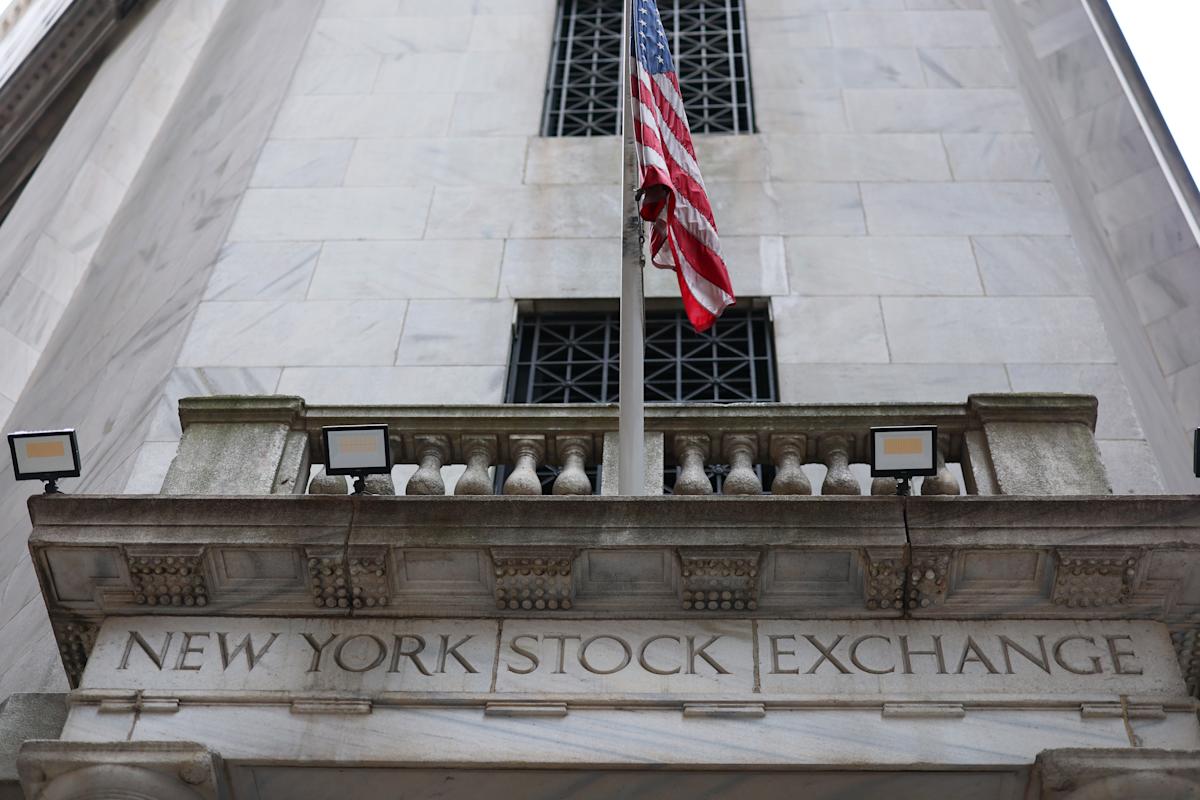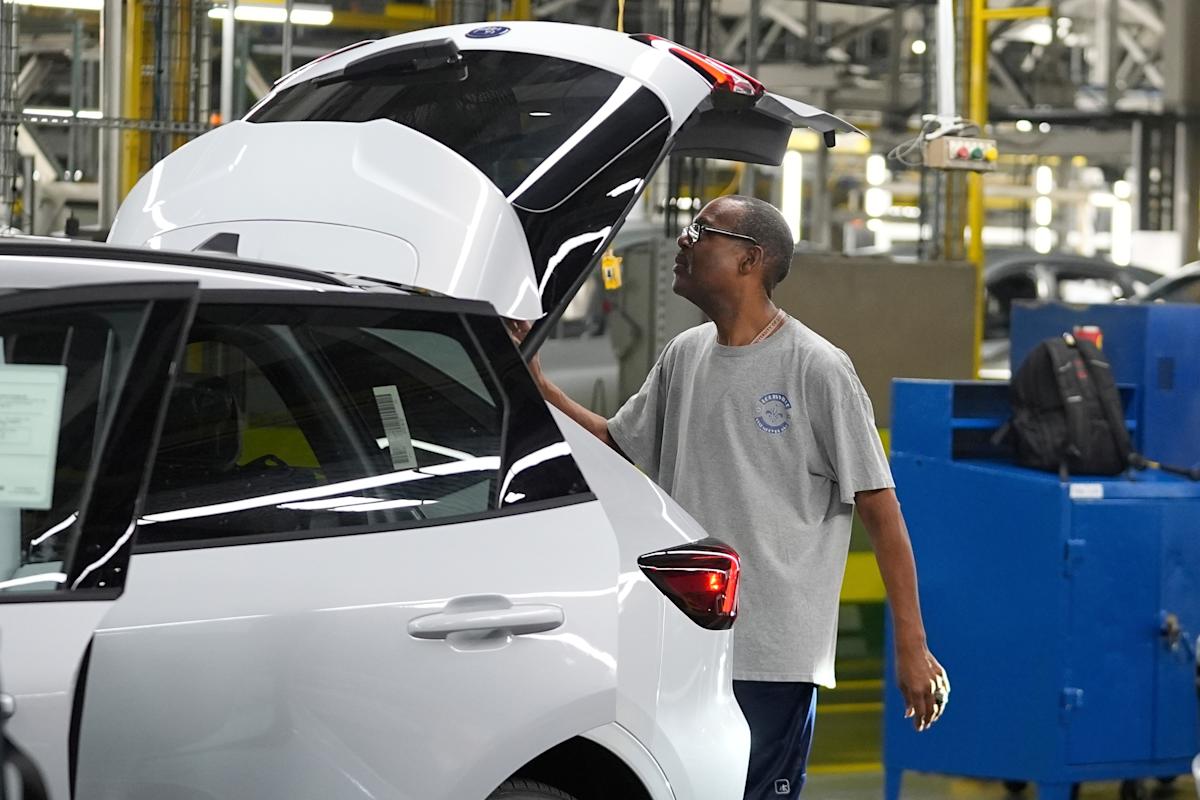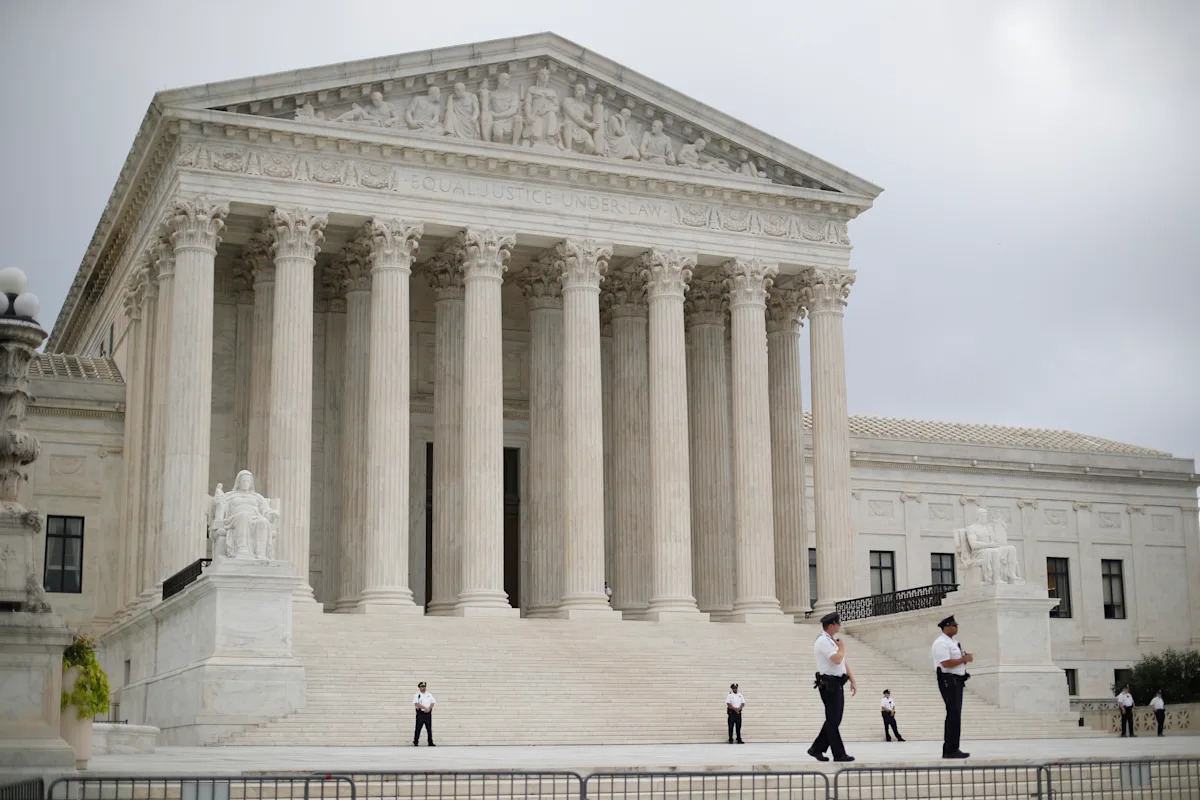Tesla Faces Sales Decline Amid Musk's Controversial Role

Sales Decline and Market Challenges
Tesla faced a notable 13% decline in vehicle deliveries during Q1, marking one of its most challenging quarters since 2022. The drop coincides with intensified competition from Chinese EV manufacturers like BYD, which have been aggressively expanding market share. Tesla’s slowdown in deliveries is particularly concerning as it contrasts with the broader EV market's growth, underscoring its struggles to maintain dominance.
Moreover, CEO Elon Musk's political activities have exacerbated Tesla’s challenges. Musk’s association with divisive political figures has led to public backlash, including protests and calls for boycotts, which have adversely impacted Tesla’s brand image. Key markets like California and China have seen weakening sales as consumer sentiment toward Tesla deteriorates. This decline in market perception further complicates Tesla's efforts to regain momentum in the increasingly crowded EV landscape.
Investor Expectations for Strategic Updates
Investors are eagerly awaiting Tesla's plans to reverse its sales slump, particularly with the potential launch of a low-cost EV and the rollout of its robotaxi service. The introduction of a budget-friendly EV could significantly expand Tesla’s addressable market, while autonomous ride-hailing services are seen as a potential future revenue driver. However, Tesla has delayed production plans for its affordable Model Y variant, raising concerns about execution risks.
Additionally, Elon Musk’s involvement in government roles has drawn criticism, with many stakeholders urging him to prioritize Tesla operations. Musk stepping back from these responsibilities could signal a renewed focus on addressing Tesla’s operational and strategic challenges. Investors are looking for clear indications of how Tesla intends to stabilize its core business while pursuing growth in new segments.
Financial and Market Performance
Tesla’s Q1 revenue is projected to reach $21.43 billion, only slightly above last year’s $21.3 billion, reflecting flat growth amid declining deliveries. Automotive gross margins, excluding regulatory credits, are expected to drop to approximately 11.8%, down from 13.6% in Q4. This margin contraction highlights the impact of Tesla’s pricing strategies and increased production costs on profitability.
Tesla's stock has declined nearly 44% year-to-date, reflecting investor concerns over its ability to sustain long-term growth. Analysts have adjusted price targets downward, with some citing reputational and operational challenges as significant headwinds. While Tesla remains a leader in the EV market, its current trajectory has raised questions about its capacity to defend market share and maintain profitability in the face of mounting competition and internal challenges.
 Sources
Sources- Tesla earnings anti-Musk backlash damaged line
 abc
abc - Tesla investors await details affordable electric car, plans boost sales
 yahoo
yahoo - Tesla Q1 earnings loom sliding sales, Musk’s DOGE role focus
 yahoo
yahoo - A more 'mindful' Elon Musk looks to save Tesla: What Wall Street is saying
 yahoo
yahoo
Top News
Related Articles
- Tesla earnings anti-Musk backlash damaged line
 abc
abc - Tesla investors await details affordable electric car, plans boost sales
 yahoo
yahoo - Tesla Q1 earnings loom sliding sales, Musk’s DOGE role focus
 yahoo
yahoo - A more 'mindful' Elon Musk looks to save Tesla: What Wall Street is saying
 yahoo
yahoo
People Also Watch












